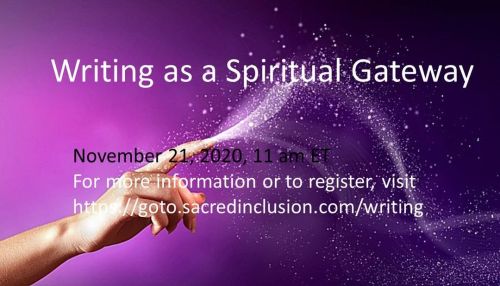
For more info, visit https://go to.sacredinclusion.com/writing
https://www.instagram.com/p/CHoVZdPHpf-/?igshid=sgujr2zz3n4u
via Tumblr https://ift.tt/2IJGisA

For more info, visit https://go to.sacredinclusion.com/writing
https://www.instagram.com/p/CHoVZdPHpf-/?igshid=sgujr2zz3n4u


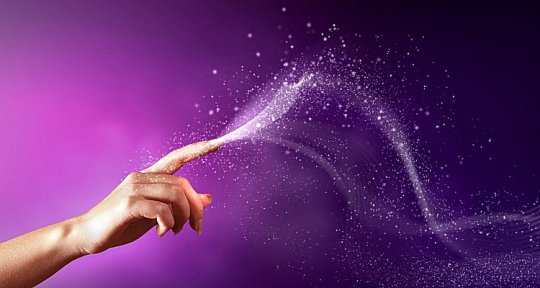
Jeffry J. Kripal is a bit of an iconoclast when it comes to the study of religion.
He’s more interested in anomalist phenomena – the mystic, the psychic, the paranormal – than he is in things like religious history or the philosophy of religion.
A professor and Associate Dean of Humanities at Rice University, Kripal began his publishing career in controversy. Some Hindu scholars took exception to his 1995 book, Kali’s Child: in which he characterized Hindu saint Ramakrishna’s mystical experiences as homoerotic.
The response to the book wasn’t all negative. Michael Murphy, the cofounder of now iconic Esalen Institute, loved it. Thus began an immersion into the intellectual epicenter of that Big Sur epicenter of the human potential movement, and Kripal’s 2007 book, Esalen: America’s Religion of No Religion.
As Kripal relates in this podcast, his Esalen exploration marked the beginning of the second phase of his work, which he describes on his website as a “history and analysis of the relationship of mind and matter, particularly as this relationship is made manifest in ‘paranormal’ events and experiences, such as mystical experiences, parapsychological phenomena, near-death experiences, abduction events, ufological encounters, and psychedelic states.”
Kripal’s quest is to expand scholarly inquiry into the study of phenomena that can’t be easily explained within the constraints of the scientific method.
“What’s happened in our public culture is we have conflated science and materialism, which is just an interpretation of the science. It’s a good interpretation, but it’s an incomplete interpretation. And it rigorously blocks out all of this stuff I want to talk about, because this is the stuff that drives religion,” he says.
Links:
Check out the Diversity and Spirituality’s newest podcast


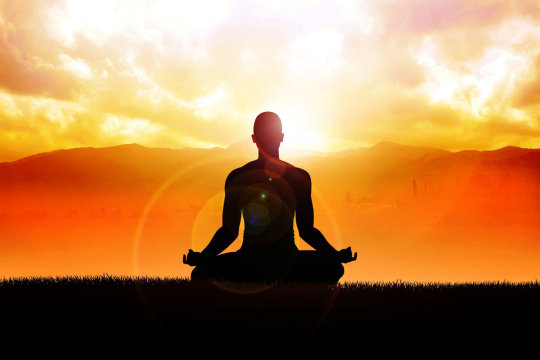


Author Paul Corson had two out-of-body experiences that have shaped his view of the world.
Now 86, he’s now on a mission to share what he’s leaned.
His principal vehicle is his new book, Regaining Paradise: Forming a New Worldview, Knowing God and Journeying into Eternity, "a guided journey into self-knowledge, identity, empowerment, and sublime understanding that will open the mind’s eye.“
But this podcast isn’t really a review of the book
Instead it’s a conversation with two individuals who share a mystical way of being in the world.
The two discuss the nature of miracles, the relationship between spiritual substance and the material world, and Corson’s born-again experience.
"The human experience… is a flat out veritable, literal miracle. , Once you realize that you’re a miracle, that you’re never going to die, it’s kind of changes things. You’re not running to buy that new car because you have all this time in the world. You know that you’re going to be living in eternity,” Corson said.
Based in Memphis, Tennessee, Corson is a former pharmacist who established a protocol for the treatment of HIV/AIDs. He received the 2000 Philadelphia Hero Award for his contributions in support of AIDs survivors.
Links:
Check out the Diversity and Spirituality’s newest podcast
Don’t think of Sara Minkara as a disabled person. Think of her as “differently-abled.”
Social activist, speaker, and a winner of multiple awards, the founder of the advocacy organization Empowerment for Integration (ETI) has never let used her absence of vision of an excuse or crutch. The slew of honors she’s achieved are evidence of her accomplishments. Her awards and fellowships include the Clinton Global Initiative Outstanding Commitment Award, Forbes “30 Under 30” and the Massachusetts Institute of Technology IDEAS Global Challenge Award.
When Sara lost her sight at age seven, her mother had two options. “She has one option of wallowing in our misery and really feeling bad for herself and her kids…But she took the other path and the path of,believing in God’s will and saying there is a purpose behind this. "She said ‘I’m not going to listen to the outside world of what the world thinks about disability… I’m going to just focus on home and make sure our kids go to school and live a very much – I’m not gonna say 'normal life’ – but a full life, an integrated life and mainstream life.”
As she relates in this podcast, Minkara never set out to become a full-time advocate. “I was a math and econ major. I’m an introvert. So I had a plan of doing a PhD.” But as a sophomore at Wesleyan College, she applied for a grant from the Clinton Foundation to run an inclusive summer camp in Tripoli, Lebanon, the home of her parents. “It turned out to be impactful not only for the kids, not only for the parents in the community, but for myself, she said.
In this podcast, Minkara describes the set of circumstances that caused her to found ETI, , how people stigmatize blind people, and how anyone can be an advocate for disabled people.
Links:
Check out the Diversity and Spirituality’s newest podcast
Author, activist and renegade economist John Perkins traces his journey from Peace Corps volunteer to co-founding the Pachamama Alliance, a non-profit devoted to establishing a world future generations will want to inherit.
Best known for his best-selling book, Confessions of an Economic Hitman, Perkins describes how his life was irrevocably changed when a Shuar shaman in the Amazon jungle healed his life-threatening fever. “He healed me by helping me change my perception…and he demanded as payment for having healed me that I become his apprentice.”
Having graduated from business school before joining the Peace Corps, Perkins didn’t see a future in becoming a shaman. So instead, he became an economist and, eventually, chief economist of a major consulting company.
His job was to “identify countries that had resources our corporations coveted… and then convince that country that it should accept huge loans from the World Bank or other organizations” to pay for costly infrastructure projects.
It took him awhile, but eventually it dawned on him that the game was rigged.
The result of the countries taking out loans was not “increasing the prosperity of the people…(but) increasing the prosperity of the rich families in the country, as well as our corporations. But in fact, the people were suffering because money was diverted from health education and other social services to pay the interest on the loans.”
In this podcast, Perkins describes the common denominator of what he learned from his first shaman teacher and his work as an economist: that perceptions shape reality. Where once a shaman helped shift his view of the conditions he found threatening as a young Peace Corps volunteer, he later was also able to use data to persuade heads of countries to borrow large sums of money to pay for infrastructure projects.
The shaman he worked with taught him about the process he calls “touching the Jaguar,” the key to shifting perceptions and the title of his new book.
“‘Touching the Jaguar’ means that we identify the things that are holding us back: our barriers, our fears…When we touch that Jaguar, we receive energy from the Jaguar or wisdom or creativity that allows us to change our perception. And when we change our perception, we then can take new actions that change reality.”
That desire to positively shift perceptions is part of the origin story of the Pachamama Alliance, which Perkins, Bill and Lynn Twist founded in 1995.
The three and a team of others had traveled to the rain forest at the invitation of the Achuar, an indigenous Amazonian community.
“They came to me and asked me, 'will you help us touch the Jaguar? Help us reach out and join forces with the people we most fear – you and your people. Help us create a partnership and alliance with the people we most fear so that we can help you change your dream, and we can all work together to change the this terribly destructive dream of the modern world that’s creating a death economy.”
In this podcast, Perkins explains what he means by “the death economy.” He also gives a simple five-part series of questions that anyone can ask themselves to help them more easily get in touch with and actualize their purpose.
Perkins’ latest book is Touching the Jaguar: Transforming Fear Into Action To Change Your Life And The World.
Links:
Check out the Diversity and Spirituality’s newest podcast
In thinking about Wendy William’s Saturday session on Embracing the Divine Masculine, I’ve been reflecting on its opposite: toxic masculinity. How, I’m curious to know, does toxic masculinity manifest during this pandemic moment?
Some men, opines Jessica Valenti in a recent piece in Medium, equate mask-wearing as somehow appearing weak, i.e. not masculine. It’s interesting that three of the worst-hit countries in this pandemic are also afflicted with heads of state preoccupied with meeting the terms of machismo—Bolsanaro, Putin, and Trump, all of whom disdain the wearing of masks. “Appearing to play it safe contradicts a core principle of masculinity: show no weakness,” said Peter Glick, in a recent article in the Guardian. Glick is a scientist who has co-authored research on how so-called “masculinity contest culture” poisons work environments. Bolsanaro, Putin, and Trump are leaders who have built brands as strongmen offering maverick solutions, and want to be seen as recovery presidents sweeping the illness aside, even if the virus has other ideas. So what is the Divine Masculine? Here’s a description of this quality by Isabela, the proprietor of the Sacred Light Alchemy. “This is the energy that unites the world in love, peace, and personal authority, allowing all beings and all things to have a seat at the round table of oneness. It is the man that gives his coat for a person in need, it is the care of a woman for a relative or a neighbor." On the other hand, toxic masculinity, Williams says below, is rooted in fear, which in term results in controlling behavior.We’ll explore the nature of what she calls Divine Masculinity and Divine Femininity in some detail during Saturday’s 11am ET online community exploration, the details of which are here.
Read the full article
As someone who’s been involved in what-Wikipedia-calls the mythopoetic men’s movement for a number of years, I’ll admit I was initially taken aback to hear a woman talk about many of the same themes I’ve repeatedly heard “woke” men talk about .
But I quickly realized that Wendy C. Williams, the guest host of the upcoming Embracing the Divine Masculine upcoming event, approaches male issues from a different perspective than I’d heard before. The online community exploration will be held on June 20th at 11 am ET.
In a video podcast interview I recorded with her recently, she expanded on her view that men are as much victims of toxic masculinity as women.
“As a society, we’ve put men in a box that says in order to be masculine, you have about four acceptable emotional states,” she said.“It is highly acceptable for you to be angry. It is acceptable for you to be neutral and not positive. It is acceptable for you to be happy for short periods of time and for really good reasons. And it’s acceptable for you to be sad for very short periods of time, and only for very good reasons. "Other than that, you’re not allowed to express yourself and if you do, you are then called derogatory terms related to the feminine by both men and women.”
She also believes that both men and women have a role in helping each other evolve towards embodying mature and divine aspects of masculinity and femininity. The
Read the full article
Digital culture is transforming religious practice in multiple ways, says Texas A&M Professor of Communication Heidi A. Campbell.
“Scholars of religion are finding that people practice ‘lived religion.’ They may say, 'I’m Jewish’ or 'I’m Christian,” but they draw on multiple sources to define what they mean. Religion is more personalized in a digital age,“ Campbell says.
How people define religious authority is also changing. Although pastors, imams and rabbis hold authority in their traditions because of of their theological knowledge, a new type of "algorithmic authority” has emerged, Campbell says.
“Involvement online builds this kind of authority… It’s the number of 'likes’ you have on your posts, it’s the number of followers you have or how many people link to your content. All of this gives a sense of authority and validity…that’s gained not from religious knowledge, but technological fluency,” she says.
The internet, Campbell says, “allows people to create their own tribe."
Although people may have roots in a traditional congregation, they can explore their particular interests in an online global community. "There can find online global connections that kind of feed their souls, whereas they couldn’t do this before” in pre-internet days.
A major contributor to the study of digital religion, Campbell is the author of Networked Theology: Negotiating Faith in Digital Culture. She is the Founding Director of the Network for New Media, Religion and Digital Culture Studies. She is currently studying the phenomena of internet memes and how these memes shape religions perceptions.
Links:
Check out the Diversity and Spirituality’s newest podcast
Most of us progressive-minded folks are members of multiple communities, be they religious, spiritual, environmental or political. What unites us are our values, the foremost of which is an innate sense of our sacred interdependence, or reverence for both the entirety of the interconnected web and all of its connected parts.
In this excerpt from the Sacred Inclusion Network’s monthly Online Community Exploration, Angelo John Lewis and David Wetton explore the possibility of harnessing our individual, and group energies for the full expression of the higher values that unite us, a project that assumes greater urgency in moments of crisis, such as this pandemic moment. They also explore how to inspire and galvanize a deeper sense of these higher values in both ourselves and our multiple communities. And how attuning to these higher values activates the power of the Network of Light.
David Wetton helps Conscious Leaders grow themselves and develop Purpose-Led High Performing Leadership Teams through 1:1 Coaching & Tailored Leadership Programmes. He runs a Leadership Legacy Programme™ to help senior executives and their leadership teams define and deliver their legacy to the world. He’s an ordained UK interfaith minister and spiritual counselor; which means that he’s committed to holding a safe, heartfelt compassionate space for all those he coaches.
Angelo John Lewis is the Director of the Sacred Inclusion Network and the originator of Sacred Conversations and the Dialogue Circle Method. He is also the author of Notes for a New Age, and a coach and consultant who has designed, developed and conducted group problem solving, team and community building interventions for clients that include AT&T, Verizon, ACNielsen, and a branch of the U.S. Department of Commerce.
Links:
Check out the Diversity and Spirituality’s newest podcast

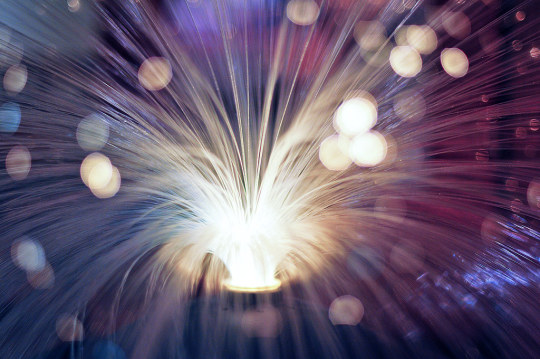


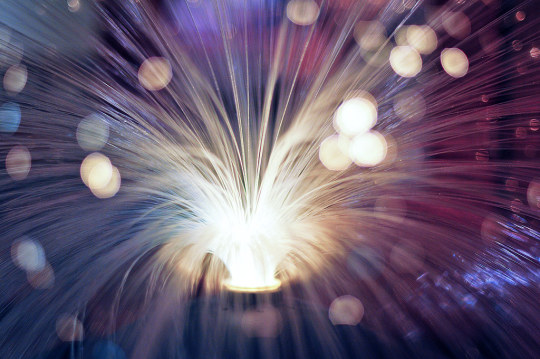
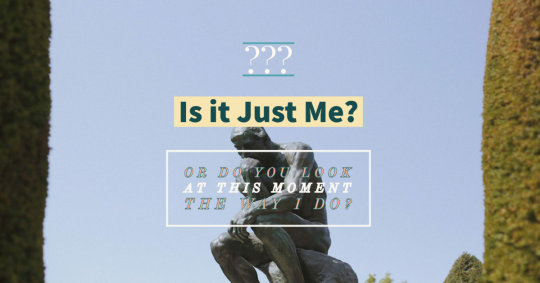




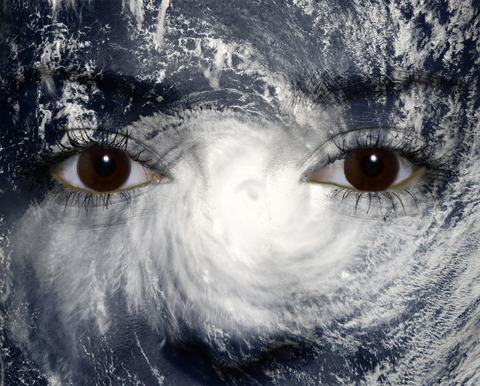
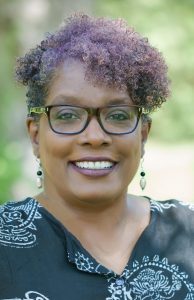
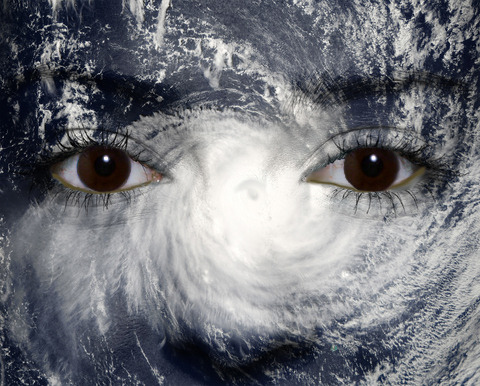
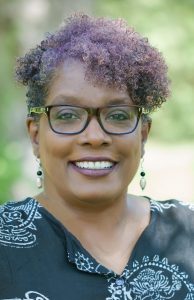
Ryan Hurd’s first experiences with lucid dreaming – the experience of being awake while dreaming – were the nightmares he experienced as a child. After watching the 1982 film Poltergeist, he’d have these repetitive dreams of tentacled monsters escaping from his television set and coming after him.
Eventually, he learned to confront these monsters and tell them they weren’t real, causing them to sink back into the television set and go away.
These early nightmares were a precursor to Hurd’s lifelong fascination with dreams. He’s since studied and written about the phenomena of nightmares, how to experience lucid dreams, and how dreams can be portals to the expansion of consciousness.
In this podcast, Hurd describes his early training as a field archaeologist and his ventures into dream archaeology; how he’s used dream incubation to gain insight into issues affecting his waking life, and his experience with dream mentors.
“Part of this (the study of dreams) is realizing that in waking life we’re not always as lucid as we think we are. It’s waking up to the dream of waking life as well, and just appreciating the ups and downs of consciousness throughout our day,” Hurd says.
In addition to describing his own experience, Hurd explains how anyone can begin the process of working with their dreams, his studies on the impact of galantamine paired with meditation and dream reliving on subsequent dreams, and how dreams can be portals for expanding consciousness.
Hurd is the editor of DreamStudies.org, and the author or co-author of several books on dreams. He’s an adjunct lecturer at John F. Kennedy University. is currently serving as Director of Spiritual Development at Unitarian Society of Germantown in Philadelphia, PA.
Links:
Check out the Diversity and Spirituality’s newest podcast

Men who exhibit toxic “Me Two” behavior are not just predators, but victims, says leadership coach and spiritual teacher Wendy C. Williams.
Check out the Diversity and Spirituality’s newest podcast
Musician Jonathan Adams eight years ago was suddenly stricken with a crippling form of depression and anxiety. It was then he discovered a new way of experiencing music and sound. Instead of using these tools to entertain others, he used them instead to calm himself down. Over time, he realized that music and sound could became a gateway of transformation and a means for expanding consciousness.
For the past several years, Adams has become less of a performer and more of teacher and sound therapist. His passion these days is helping others use sound and music for healing and spiritual upliftment.
In this podcast, Adams (aka, The Sonic Yogi) shares his origin story, the concept of brain wave entrainment, and how sound and music are used in religious and spiritual traditions. “Nearly every culture and many if not all of religious traditions use some sort of sound” as a way to transform consciousness,“ he says.
"The first form of brain wave entrainment was drumming. Indigenous cultures around the world have used drumming as a ceremonial act to get the brain to a different place.”
In addition to explaining how sound and music affect the brain, Adams here shares an original composition, improvises with drum and Tibetan bells, and explains how certain frequencies stimulate the focal points in the subtle body or chakras.
Adams started his career as a professional musician, recording albums for classical guitar with albums for Pamplin, Intersound Records and his own label.
As the Sonic Yogi, he’s put his focus into the exploration of the healing potential of music, and has given talks and workshops on sound therapy at Tedx, national spiritual living conferences and elsewhere. His vibrational sound therapy tracks can be streamed on Spotify, Pandora, SoundCloud, Youtube and the Insight Timer app.
Links:
Check out the Diversity and Spirituality’s newest podcast
Is there anything in common between how indigenous people experience of esoteric, spiritual phenomena and the contemporary New Agers who presume to be their heirs?
If anyone is qualified to begin to answer this question it’s Michael F. Brown, a cultural anthropologist who’s done a deep dive into both of these worlds.
Back in the mid-1970s, Brown spent a year living with the Awajún also known as the Aguaruna),an indigenous people of the Peruvian jungle, whose ancestors had a reputation as fearsome headhunters and whose cosmology includes beliefs in shamanism and sorcery.
Peru’s Shining Path insurgency in the 1980s forced Brown to refocus his work elsewhere, to the study of the New Age phenomena of channeling, which was peaking around this time. Just as he immersed himself among the Awajún, Brown spent a season with the channels, their clients and audience. He documented what he discovered in his aptly titled book, The Channeling Zone: American Spirituality in an Anxious Age.
In this wide-ranging conversation, Brown discusses his fieldwork in both of these milieu; sorcery and shamanism among the Awajún, cultural appropriation; and the work of the School for Advanced Research (SAR). where he’s been president since 2014.
SAR advances creative thought and innovative work in the social sciences, humanities, and Native American arts.
Links:
Check out the Diversity and Spirituality’s newest podcast

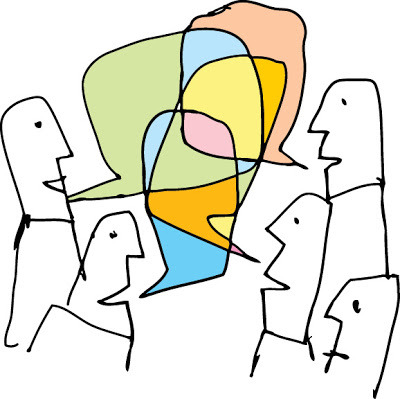
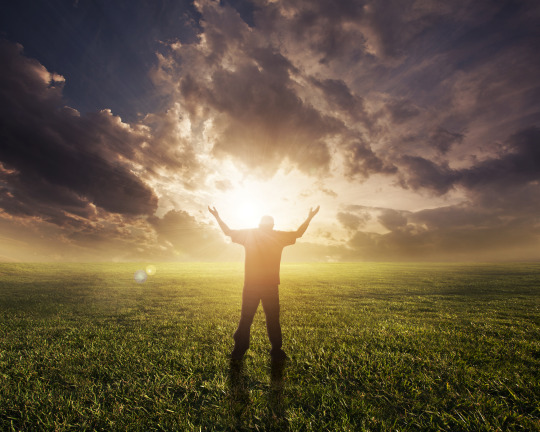
Growing up in a traditional southern church, Christina King quickly learned that she wasn’t accepted. That’s because her church saw her and people like her as anathema: living embodiments of sin. King at an early age knew that she was a transgender woman.
But to verbalize how she felt about herself wouldn’t have been received kindly by her conservative Lutheran Missouri Synod congregation. Their attitudes were informed by the so-called “clobber passages,” verses some use to justify the belief that any deviance from heterosexual norms is sinful.
King spent much of her youth estranged from the church. She came to a place, she said, “where she had to be herself or kill herself.” That separation was painful because even though she felt ostracized, a part of her missed the congregation’s sense of community.
Her estrangement ended because of the influence of a pastor at the First Lutheran Church of Galesburg, Illinois, the city she moved to after growing up in the south. This pastor accepted Christina for who she was, but also encouraged her to reach out to others who because of their LGBTQ+ orientation had felt victimized by the church.
King did so and shortly after the 2016 presidential election started a group called Safe Space. The group has been meeting regularly since then.
In this podcast, King shares her evolution as a transgender woman, common misconceptions people have about trans people, and how a life of prayer helps her stay upbeat in a challenging political climate.
King last year was named Miss Trans Illinois.
Links:
Check out the Diversity and Spirituality’s newest podcast